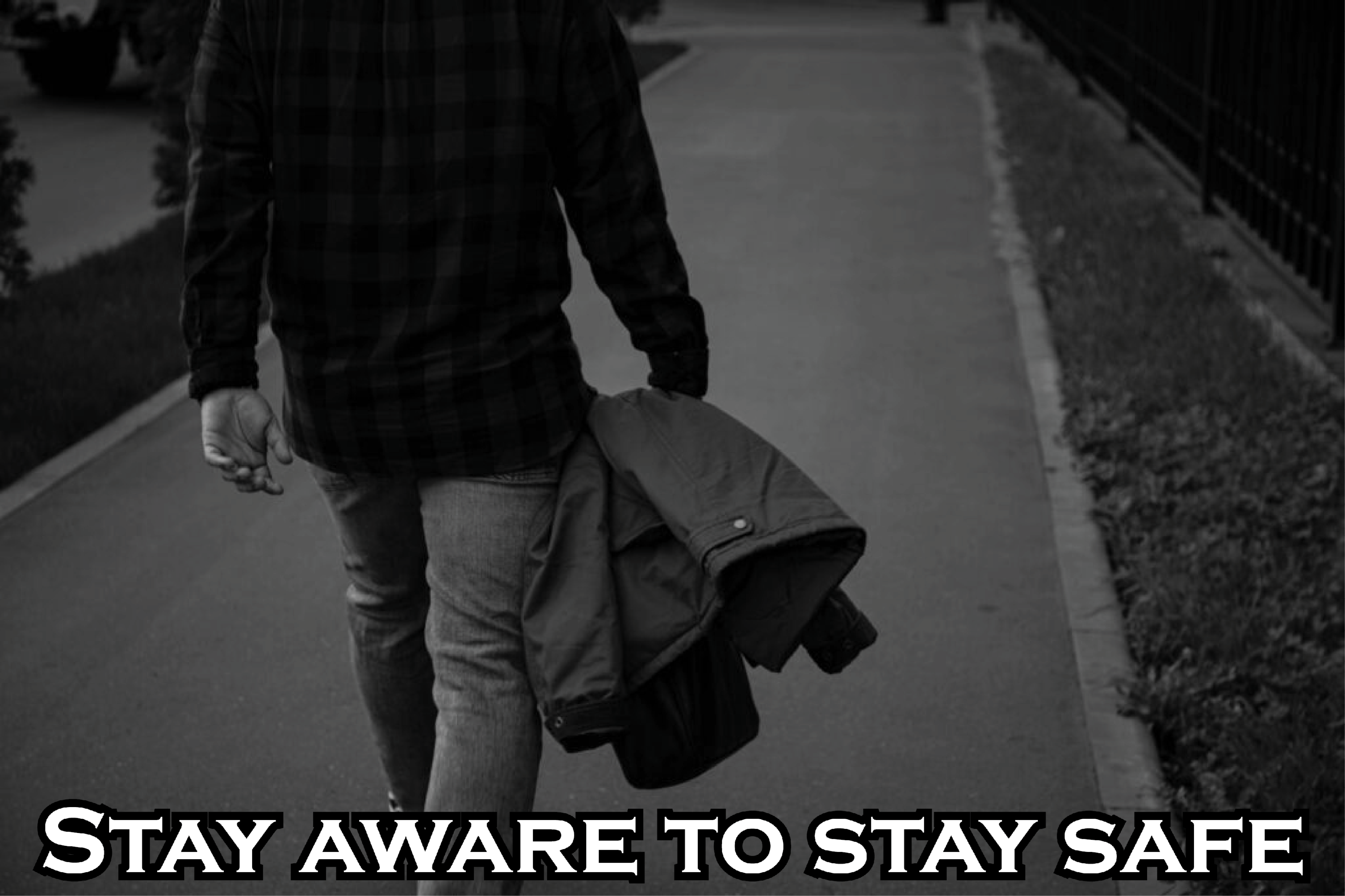Introduction
The first principal of staying safe in any place is knowing what is going on around you – always and everywhere.
The most critical, but also elusive, basis for effective decision-making in any dangerous situation which may include the protection of human life and property, such as emergency response, command and control operations and self-defence, is situational awareness.




